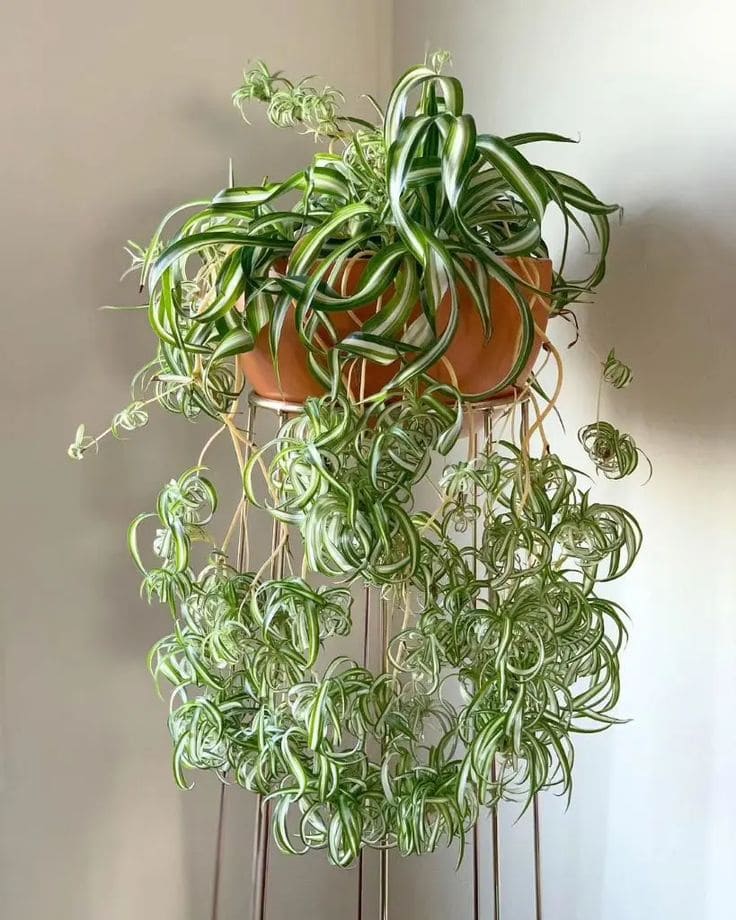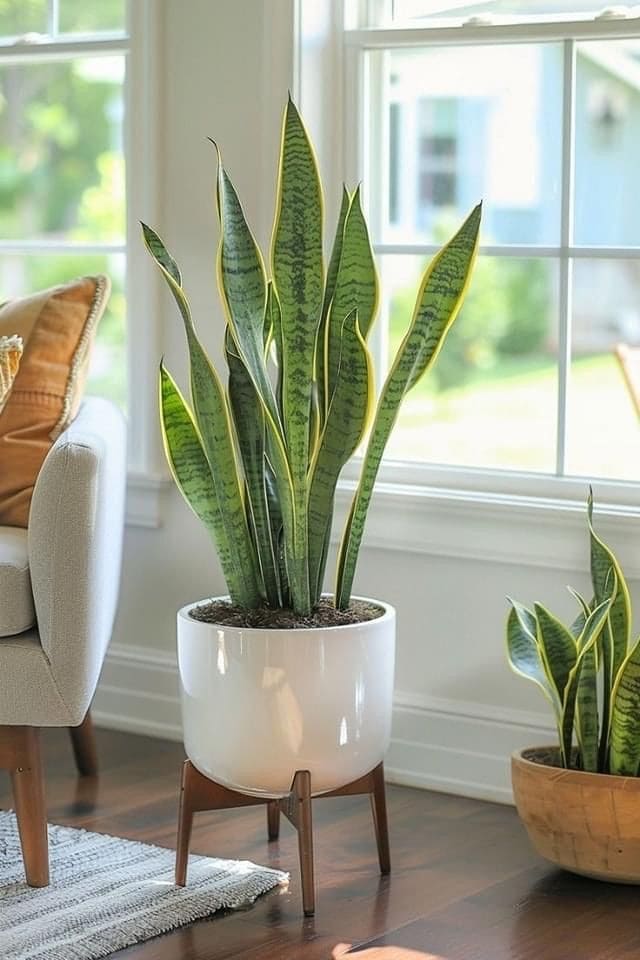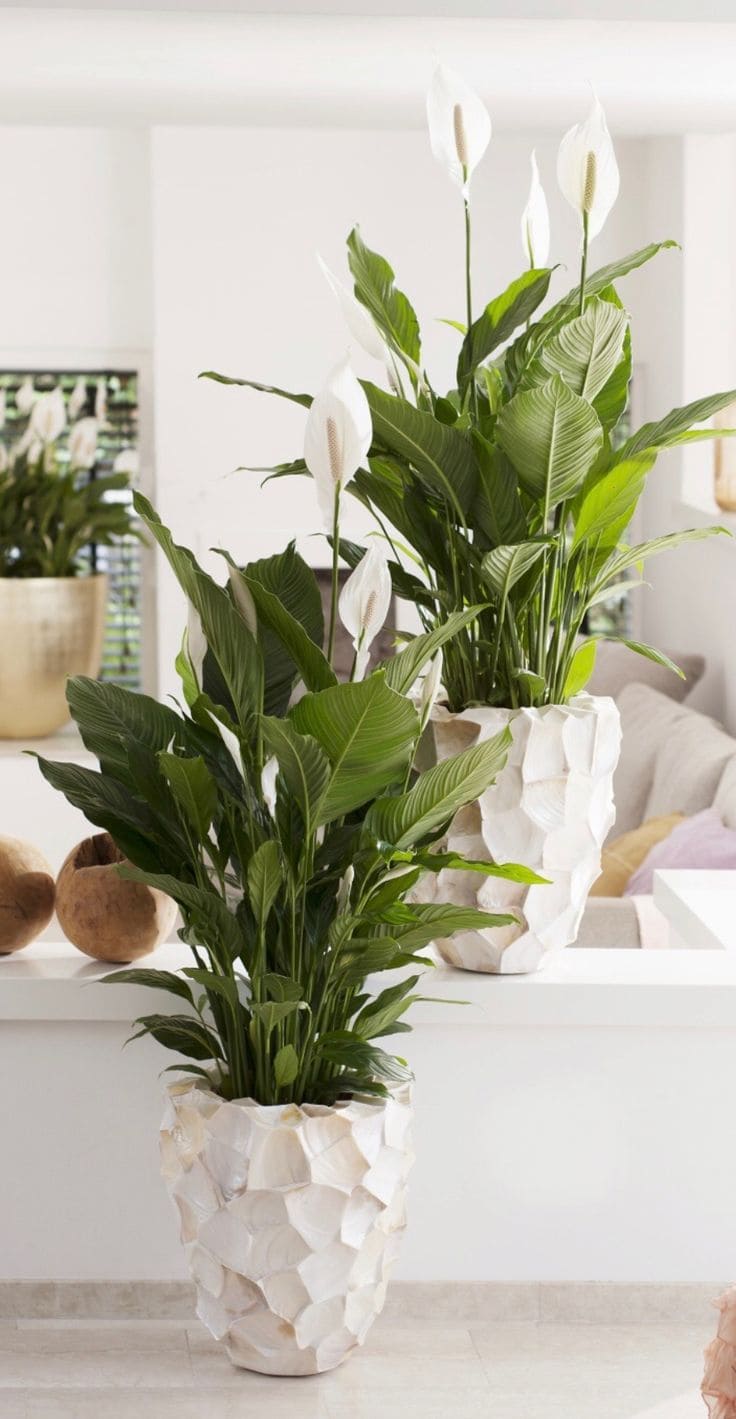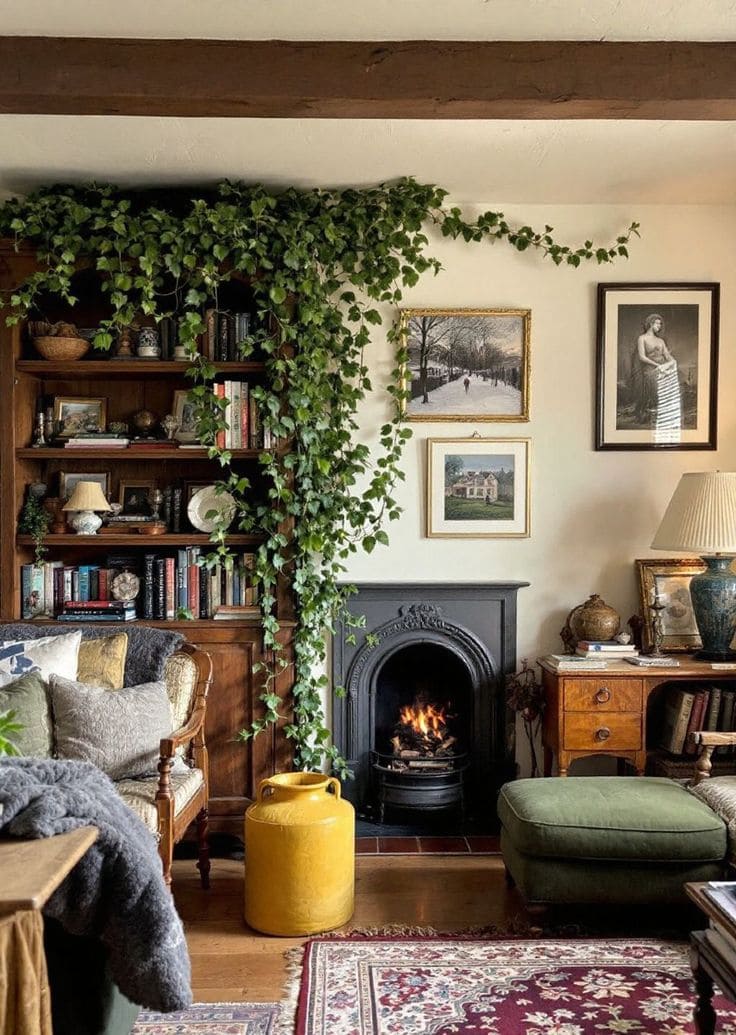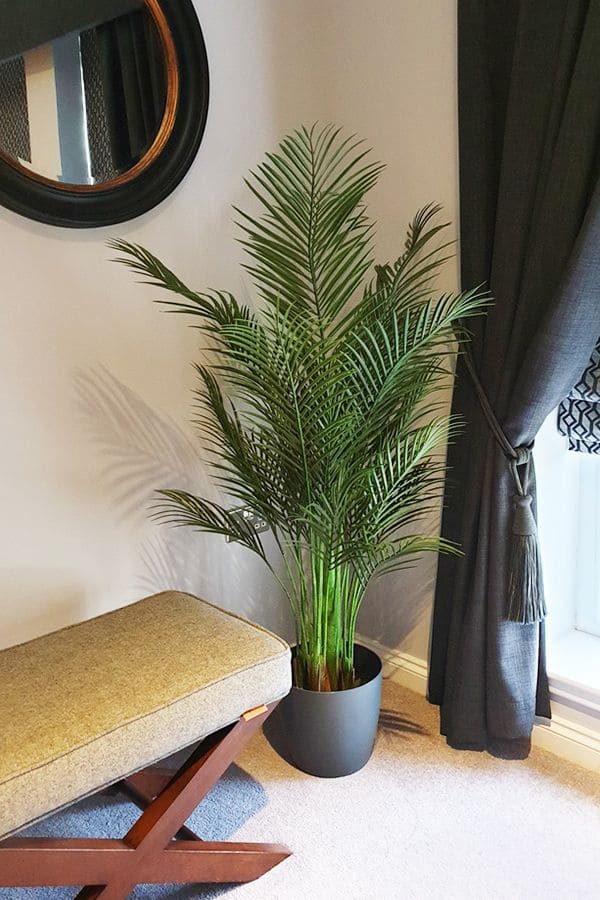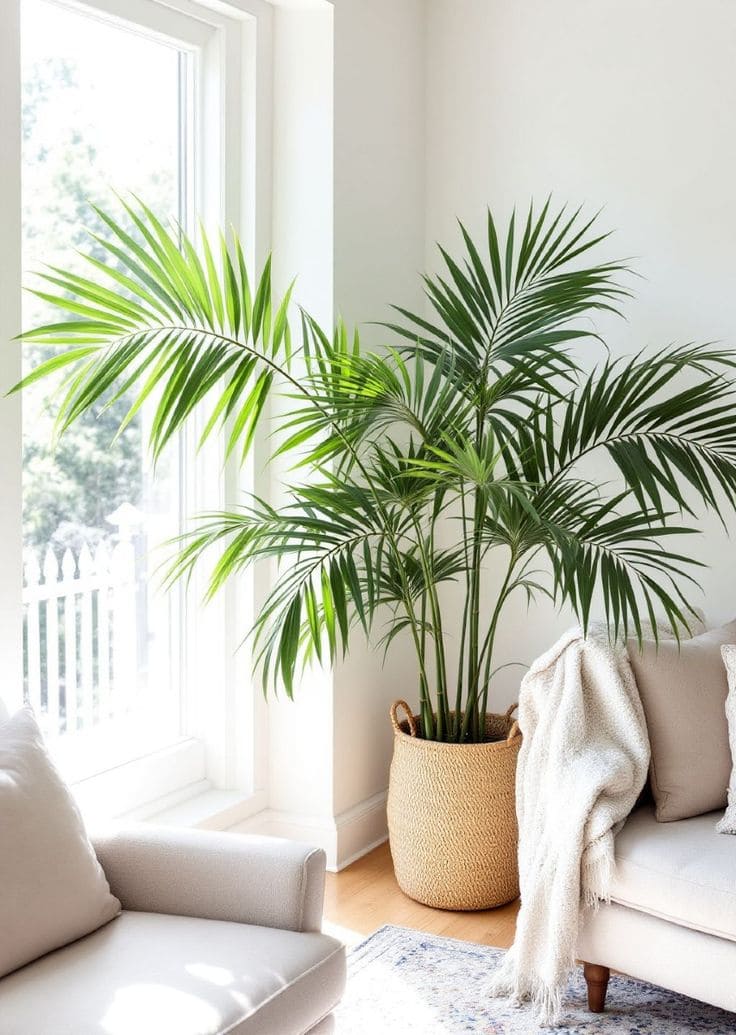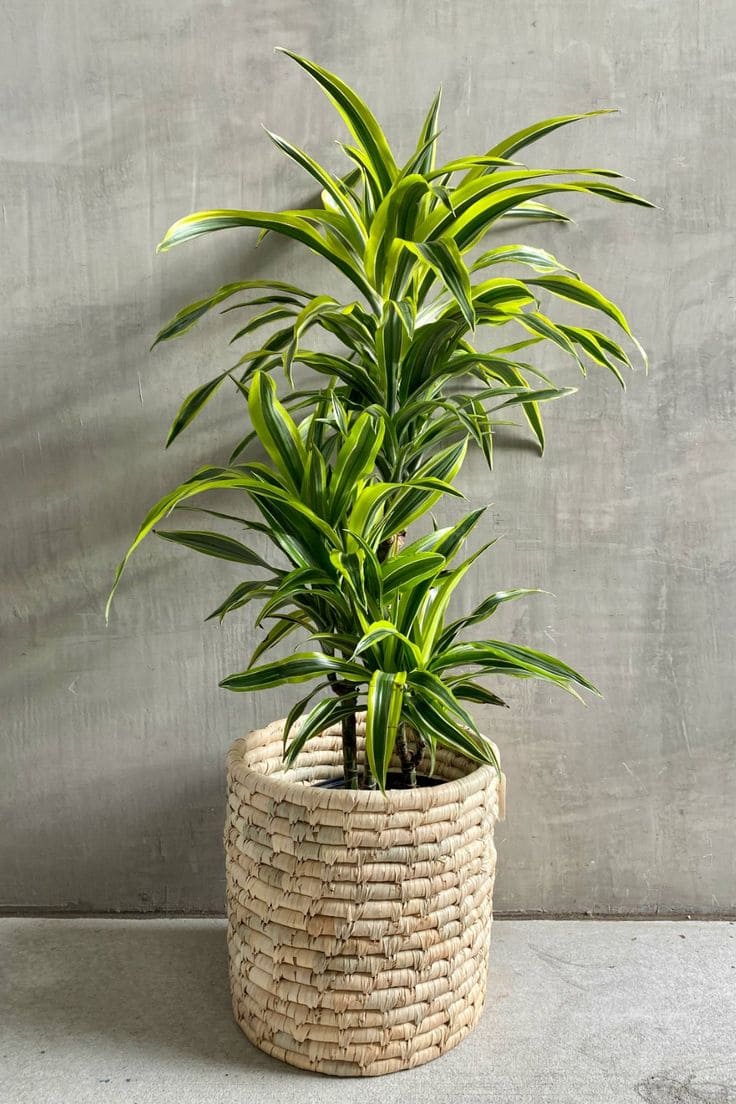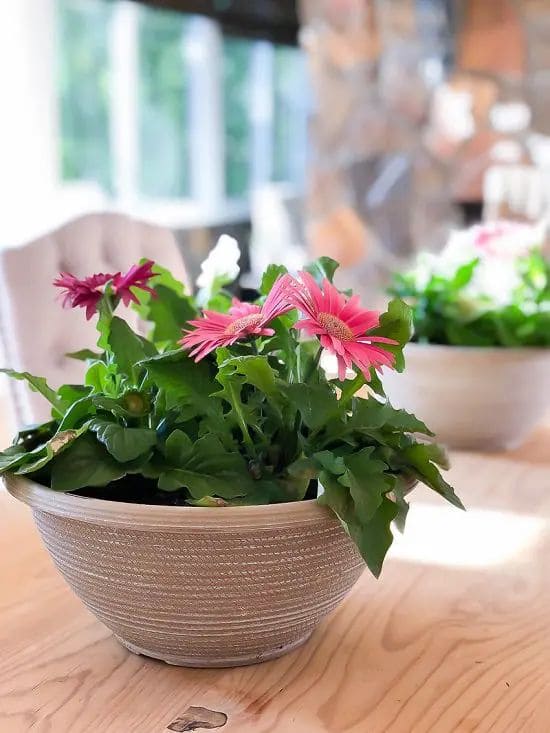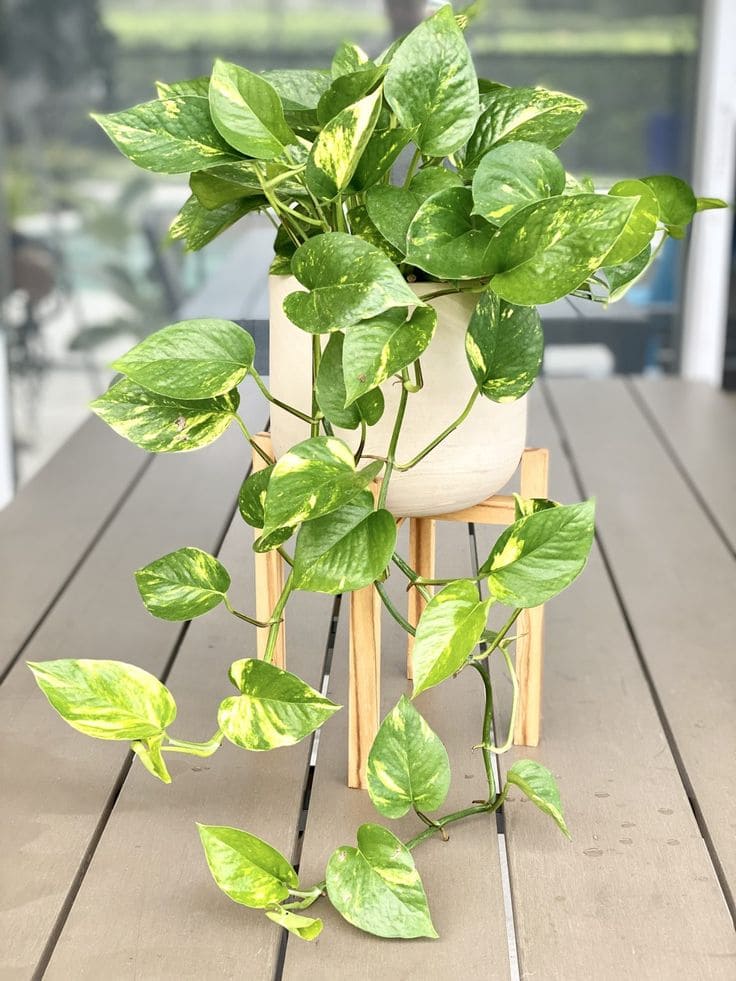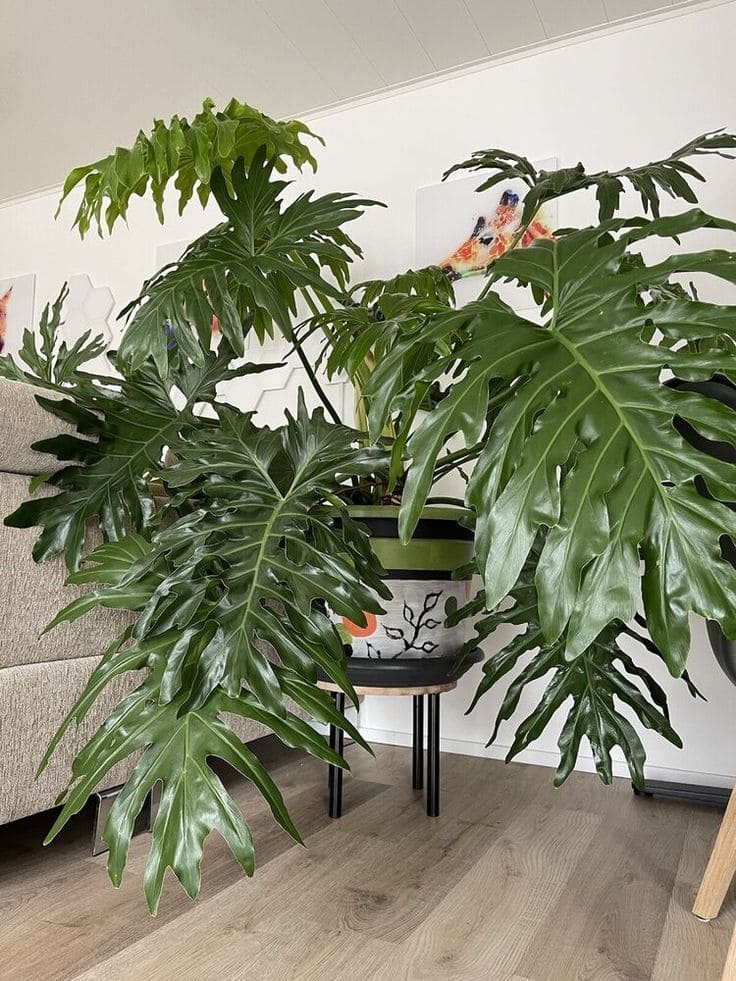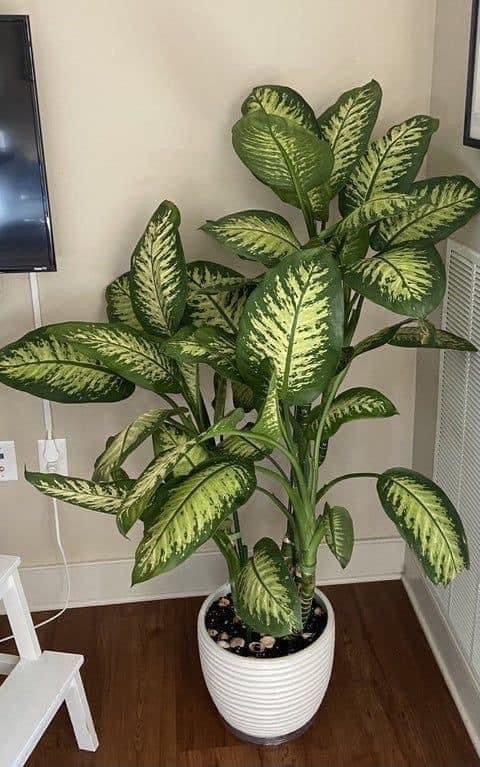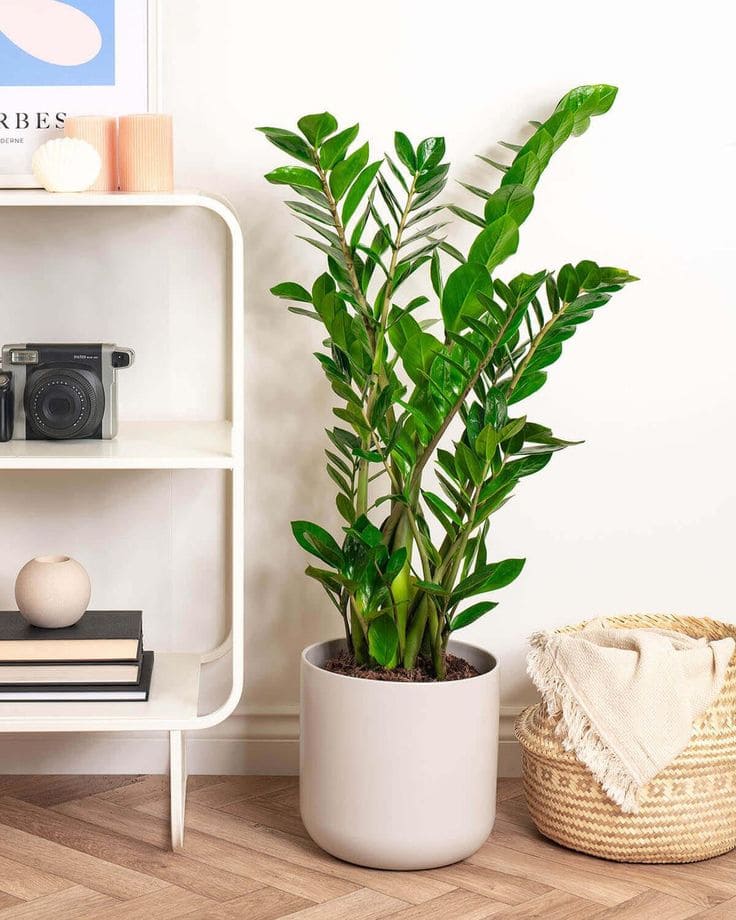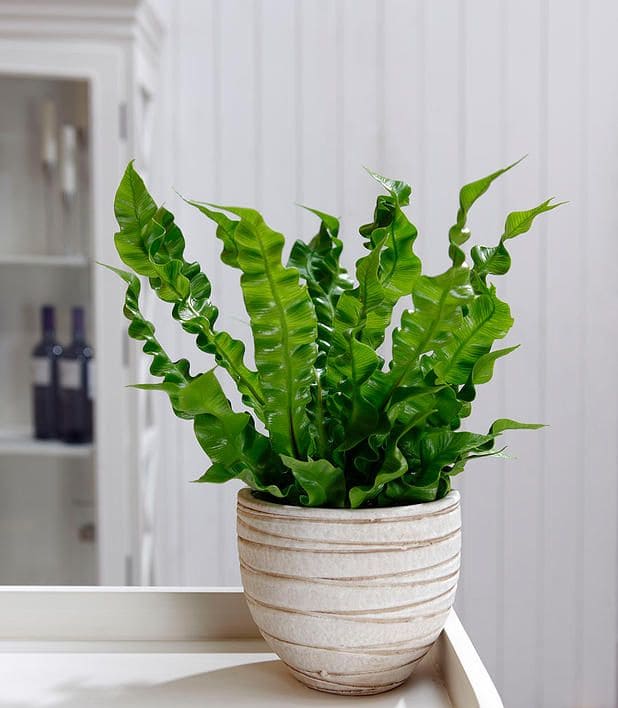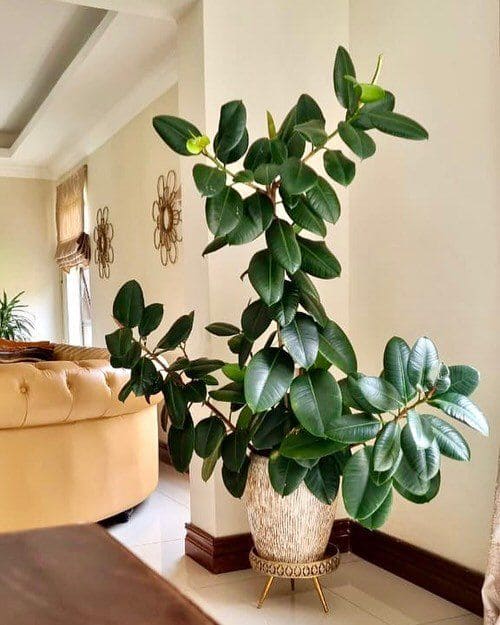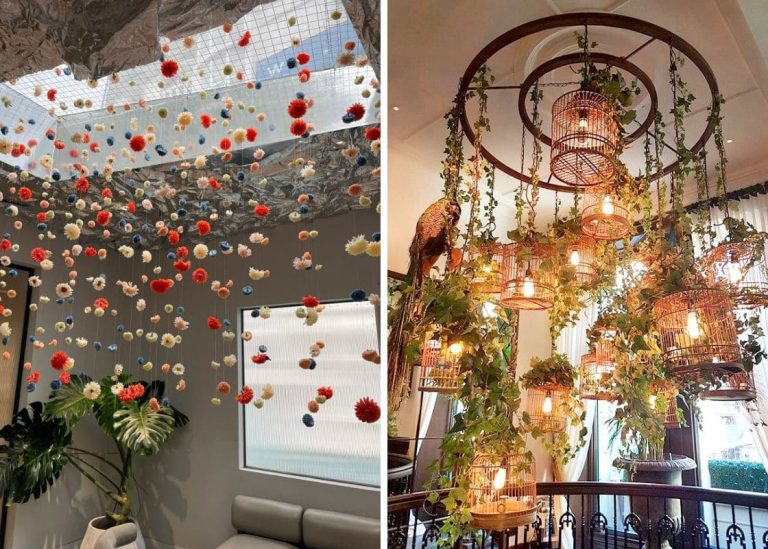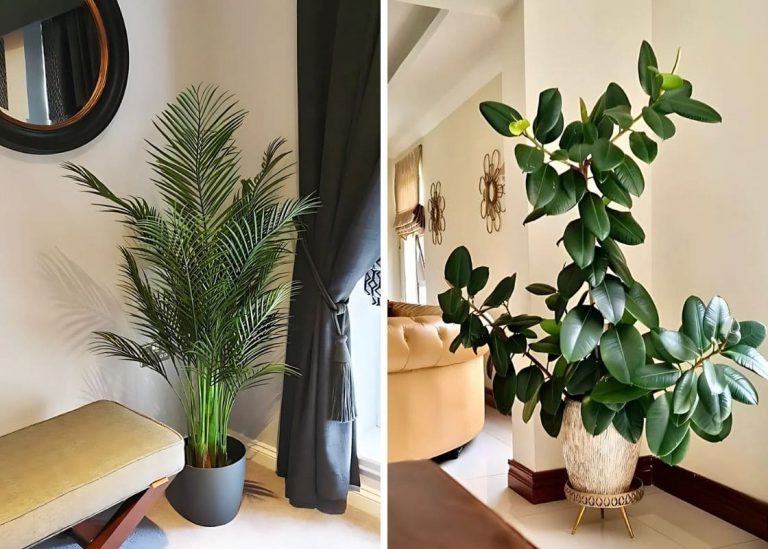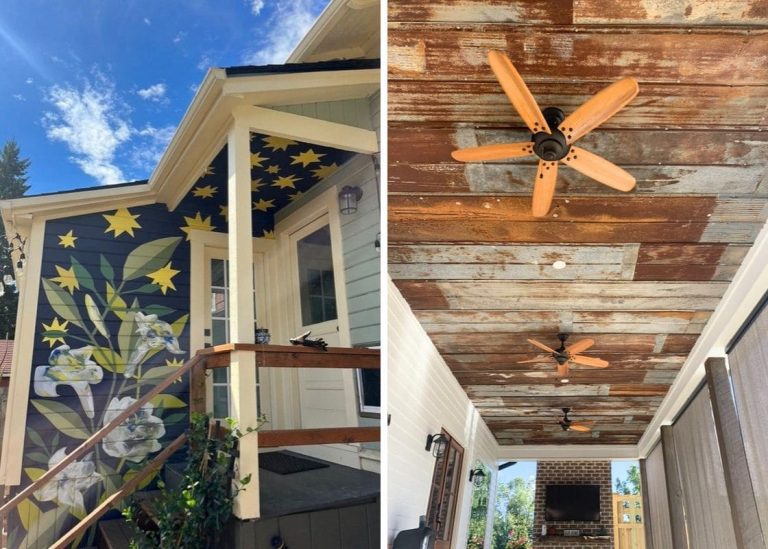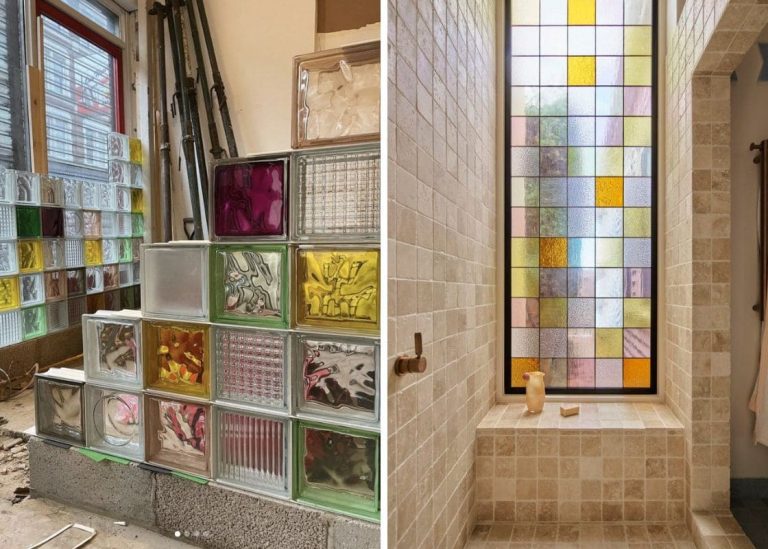15 Houseplants That Oxygenate and Purify Your Home
Greens started sneaking into every corner of our home because it felt like the right company. A tiny spider plant was the first, a gift from my oldest son after his class trip to a botanical garden. It sat proudly on the kitchen windowsill, its leaves stretching out as if waving to us every morning.
Soon after, a snake plant joined our living room. I picked it up at a flea market, drawn to its bold lines and quiet strength. A little research later, and I realized it wasn’t just about beauty — this plant would work through the night, giving back fresh oxygen while the house slept.
Before long, a cheerful aloe vera plant found a home near the front door, a peace lily brightened the hallway, and a bamboo palm softened the light by the reading nook. Every new plant seemed to pull a bit more calm into the house, especially on days that felt overwhelming with three kids, homework piles, and a barking dog.
Choosing the right plants didn’t just make the rooms prettier. It helped us all breathe easier, literally and figuratively. These living companions quietly clean the air, add moisture, and offer small, daily joys.
#1. Spider Plant
Every time someone tells me they “can’t keep plants alive,” I point them toward the faithful spider plant. It thrives even when life gets chaotic (and with three little ones running around, trust me, things get chaotic).
The arching green-and-white leaves spill gracefully from hanging baskets or high shelves. Besides being a visual treat, spider plants absorb harmful chemicals like formaldehyde and xylene, helping to refresh your space naturally. They’re forgiving, adaptable, and a great “starter plant” for any busy home.
#2. Snake Plant
Late one night, after a bout of insomnia, I found myself researching houseplants that release oxygen at night. That’s when I truly fell for the snake plant.
This upright beauty stands tall and proud, filtering out benzene and formaldehyde while quietly boosting nighttime oxygen levels. Its stiff, sword-shaped leaves thrive on neglect, making it the ideal companion for bedrooms and low-light corners. Water it sparingly, and it rewards you with strength and grace.
#3. Aloe Vera
On a lazy summer afternoon, one of my boys fell and scraped his knee. I snipped a leaf from our aloe vera plant, applied the cool gel, and watched his tears turn into wide-eyed wonder.
Besides its healing magic, aloe works tirelessly to scrub the air of toxins like benzene. Keep it on a sunny windowsill, and it will offer both beauty and practical health benefits. Plus, it feels wonderful to have natural remedies growing just a few steps away.
#4. Peace Lily
I visited a friend’s tiny downtown apartment once, and despite the city noise outside, her bedroom felt serene. The secret? A thriving peace lily sitting quietly by her bed.
Peace lilies are humble yet powerful air purifiers. Their graceful white blooms and glossy green leaves increase humidity while removing pollutants like ammonia. They’re particularly helpful in bathrooms or kitchens where moisture can fluctuate. Just be mindful to keep the soil moist but never soggy.
#5. English Ivy
There’s something old-world and enchanting about a pot of English ivy trailing elegantly from a high shelf. I once tucked a few vines around the frame of a mirror in our hallway, and the effect was magical — it turned the space into a mini indoor garden.
Ivy excels at clearing mold spores and reducing formaldehyde, making it ideal for homes craving a fresh breath of air. It loves moderate light and appreciates a little misting now and then to stay happy.
#6. Areca Palm
One of my favorite Saturday morning rituals is watering the Areca palm in our family room. As I spritz its feathery fronds, the whole room seems to come alive.
Areca palms remove toxins like xylene and act as natural humidifiers. They create a soft, tropical vibe wherever they grow. Place them where bright, indirect light filters in, and they’ll become quiet companions in your journey toward a healthier home.
#7. Bamboo Palm
I first fell for the bamboo palm after spotting one tucked into a cozy reading nook on Instagram. Its lush, tropical feel instantly transported me to somewhere far warmer and breezier.
Bamboo palms prefer indirect light and steady moisture. They’re skilled at removing indoor air pollutants and provide a calming green anchor to any space. Perfect for offices, family rooms, or anywhere you want to invite a little natural elegance.
#8. Dracaena
A stylish corner of our kitchen houses a tall, slender dracaena that always garners compliments from visitors. Its striking, often multicolored leaves add drama without the fuss.
Dracaenas are warriors against formaldehyde, benzene, and other airborne toxins. They enjoy a bright but indirect light and only need occasional watering. With their upright, architectural look, they blend beautifully into modern and boho-style homes alike.
#9. Gerbera Daisy
Imagine sipping your morning coffee with a vase of radiant Gerbera daisies smiling at you from across the room. Their sunny faces instantly brighten the day — and they quietly scrub the air too.
Gerberas remove benzene and trichloroethylene. They thrive with bright light and regular watering. Though they need a bit more attention than your average leafy plant, their cheerful blooms make it well worth the extra love.
#10. Golden Pothos
My husband affectionately calls our golden pothos “the survivor,” because no matter how busy life gets, it keeps growing.
This trailing vine is perfect for high shelves or hanging baskets, where it tumbles down like a green waterfall. It’s not picky about light, and it efficiently removes pollutants like formaldehyde and benzene. Plus, it’s so easy to propagate that you can share little cuttings with friends and family.
#11. Philodendron
Philodendrons remind me of my college dorm days—tiny apartments bursting with heart-shaped leaves trailing along every available surface.
These low-maintenance plants help purify indoor air and create a relaxed, jungle-like feel. They’re forgiving of neglect and do well in both low and medium light. If you want a lush look without the pressure of constant care, a philodendron is your answer.
#12. Chinese Evergreen
Walking through a cozy home design store last year, I spotted the most stunning Chinese evergreen with variegated leaves that looked like hand-painted art.
Chinese evergreens are hardy and slow-growing, perfect for beginners. They filter toxins like benzene and formaldehyde while asking little in return beyond occasional watering and low light conditions. The pop of patterned green against a neutral background is simply irresistible.
#13. ZZ Plant
Every home needs a plant that’s practically unkillable—and for us, it’s the ZZ plant.
Glossy, dark leaves make it look polished and vibrant all year round. ZZ plants survive low light, infrequent watering, and still purify the air from xylene and toluene. Whether you tuck it into a forgotten corner or display it proudly on a tabletop, it brings quiet, enduring beauty.
#14. Crispy Wave Fern
I first encountered the crispy wave fern at a plant swap event, tucked into a quirky little ceramic pot. Its wavy, vibrant leaves caught the light in the most mesmerizing way.
This fern is fantastic for humid areas like bathrooms or kitchens. It naturally filters formaldehyde and increases humidity, creating a fresher, softer atmosphere. Plus, its ruffled leaves add such playful texture to any plant display.
#15. Rubber Plant
Rubber plants have an old-soul quality to them — strong, glossy, quietly dependable. Ours lives by the staircase, stretching toward the skylight with broad, stunning leaves.
They’re excellent air purifiers, removing toxins like formaldehyde while adding visual drama with minimal effort. They thrive in bright, indirect light and prefer their soil to dry between waterings. A rubber plant brings a bold but calming statement to any living space.
Final Thoughts
Creating a home filled with healthy air and vibrant greenery isn’t about perfection — it’s about nurturing life, both big and small. Every leaf, every root, every little sprout becomes part of your family’s story.
Start with one or two plants that catch your heart. Watch them grow. Let them teach you patience, joy, and the beautiful rhythm of everyday care. And along the way, your home will become not just more beautiful — but more alive.

